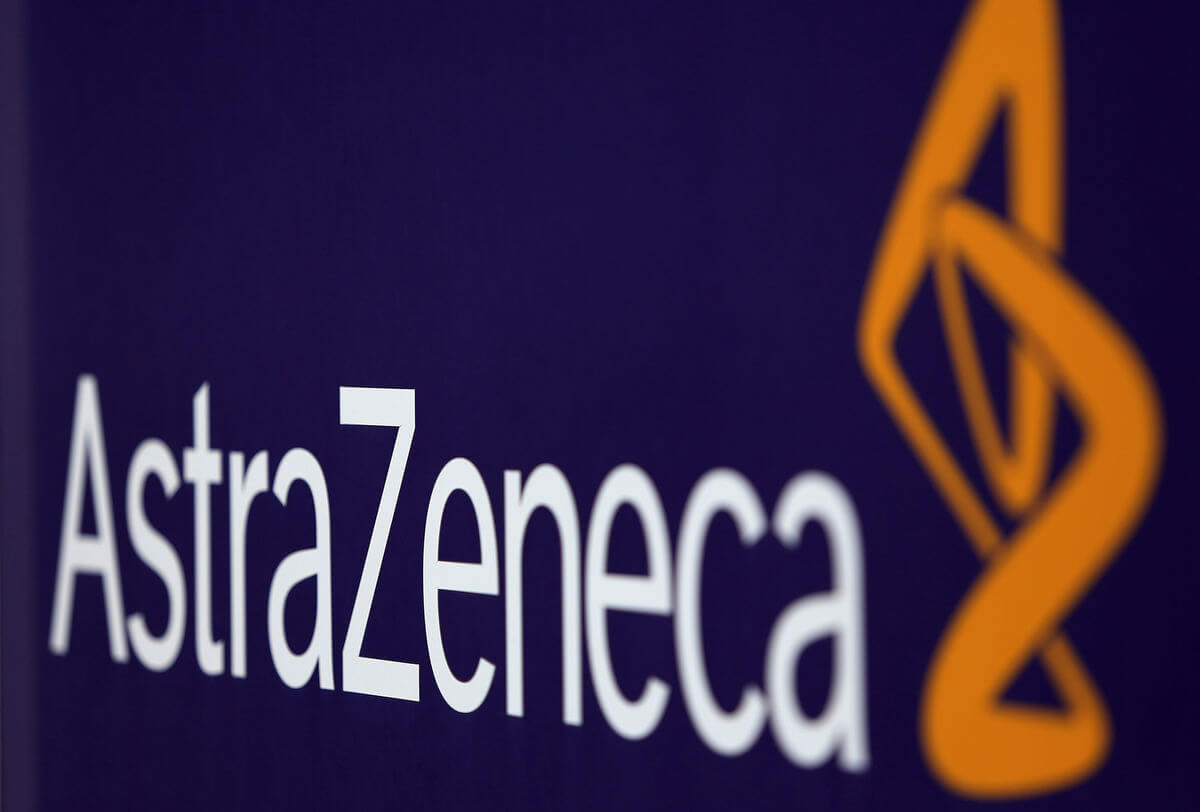Pharmaceutical giant AstraZeneca probably couldn’t have imagined this summer would be as tough for the company as it has been, but the worst is far from over. The company agreed to pay $5.5 million to the U.S. Securities and Exchange Commission (SEC) to resolve allegations of bribery. The agreement allows the company to neither admit nor deny the allegations.
AstraZeneca was charged with violating the Foreign Corrupt Practices Act. Both of the company’s Chinese and Russian subsidiaries allegedly bribed doctors and local officials to promote its products. According to the SEC, sales, marketing, and management staff designed and authorized improper payments of gifts, conference support, travel, cash, and other benefits to healthcare providers to prescribe the company’s drugs.
Employees of the Chinese subsidiary also made cash payments to local officials to reduce or avoid fines incurred against the company. AstraZeneca then falsely reported these expenses as business expenses in its financial statements.
The settlement comes just a week after the company announced it’s putting its U.S. headquarters up for sale. The move to sell is likely a financial effort to turn the company around by shaving expenses. In its second quarter financial report, the company’s profits were down 11% compared to this time last year.
The drop in sales is largely due to the expiration of AstraZeneca’s blockbuster cholesterol medication Crestor. Although the company fought hard to preserve its patent by filing a lawsuit against the Food and Drug Administration (FDA), it inevitably lost the battle.
The company is also still reeling from the United Kingdom’s historic vote to leave the European Union (EU). The pharmaceutical and medical device industries in the UK no longer fall under the jurisdiction of the European Medicines Agency (EMA), so it is unclear how the industries will be regulated in the UK.

